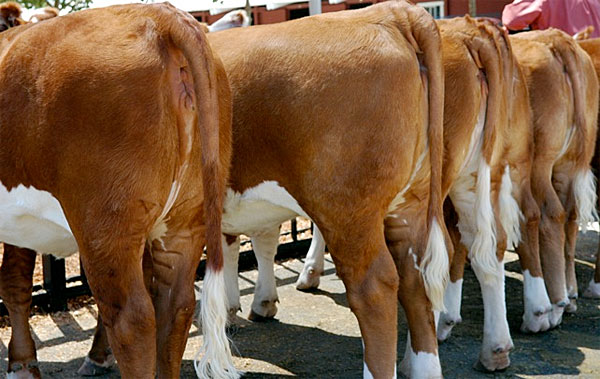The Farm School sounds a little bit like paradise [PDF]:
Everyone takes a turn preparing meals, baking bread and cleaning house. All will repair fences, shovel snow and restock feed bins. All will rotate cows, sheep and goats among pastures, assess the health of these animal-teachers, and milk Suzie, the dairy doyenne of the program.
There aren’t many students. Just a few years back, there were only four. This year there are 15. Over one year, from October to September, on 183 acres in Athol, Mass., they will learn to grow organic vegetables, tend livestock, and manage forests. They will feed the 175 members of the farm’s CSA and help run a meat CSA, as well. They’ll actually learn about the business of farming, too, as Pacific Standard reports:
The faculty members teach the nuts and bolts of running an organic farm, as well as the economics that make such an enterprise viable. Students will leave knowing how to write a business plan, negotiate for land and market their goods directly to consumers.
Idyllic, outdoors, practical: what could be bad? Well, maybe the $18,000 it will cost you.
If students are skipping traditional college in exchange for this program, it’s not a bad deal. And would-be farmers who decide to start a farm without obtaining the right skills first can lose a boatload of money. Still, farming’s not exactly the most lucrative profession, and $18,000 is a lot of money to pay in order to stick your hands up a cow’s butt. Especially when there are farms out there that will take on apprentices and offer them room and board in exchange for this type of work.




